hankyoreh
Links to other country sites 다른 나라 사이트 링크
[Interview] Historical distortion of Gwangju Movement is “disrespectful to those who died fighting authoritarianism”
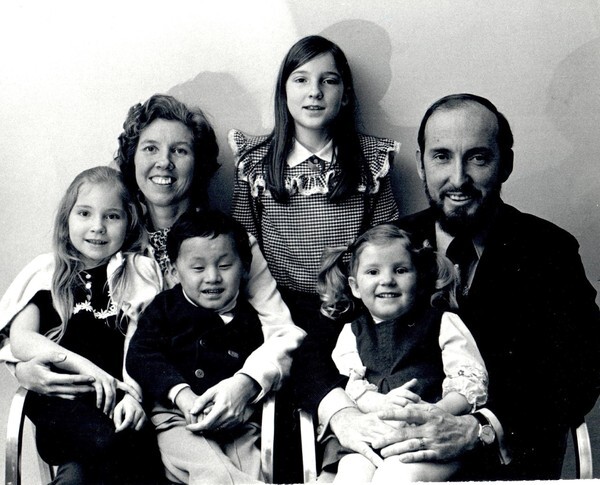
“I believe that it is disrespectful to the people who died fighting authoritarianism and hurtful to the people who lost loved ones to refuse to accept the truth about May 18 [the Gwangju Democratization Movement of May 1980]. It saddens me that there are still attempts to deny what happened during May 18 and I hope that ‘Jenny’s Attic’ helps people to know what really took place.
Gwangju is the hometown of Jennifer Huntley Mario, author of the recently published children’s book “Jenny’s Attic” (Haneul Maeum Books). She was born in 1970 at Gwangju Christian Hospital, where her father, the late minister Charles Betts Huntley (1936-2017, also known by the Korean name Heo Cheol-seon), served as chaplain. After her father finished his mission in South Korea, she moved to the US in 1985. Currently, she heads the Open Table Ministry, a non-profit supporting homeless people in Durham, North Carolina.
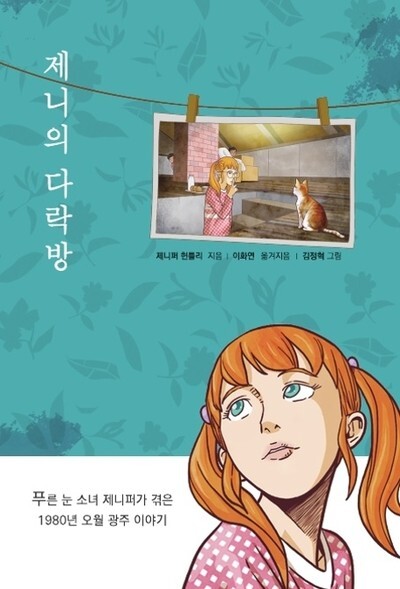
“Jenny’s Attic” includes the experiences that Jennifer lived through as a 10-year-old in Gwangju. The record of her experiences in May 1980 was written at the suggestion of Haneul Maeum president Lee Hwa-yeon, a children’s book author she happened to meet in the US in 2009; Lee developed it into a book for children. The Hankyoreh spoke with Jennifer by email on Apr. 30.
Three years ago, the late Charles Betts Huntley was honored with the “May Mothers Award” for his contributions in promoting global awareness of the truth of the Gwangju Democratization Movement. In honor of his wishes, half of his ashes have been enshrined at the Missionary Cemetery in Gwangju’s Yangnim neighborhood.
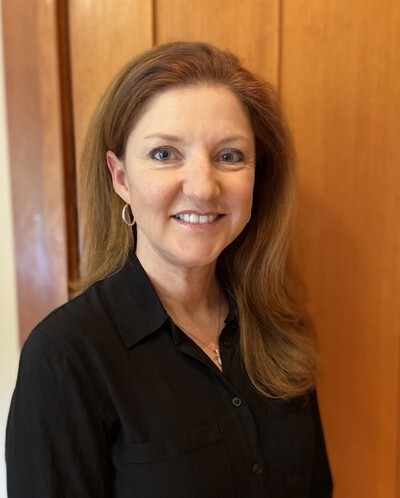
Living through the events of May 1980 as chaplain at Gwangju Christian Hospital, Huntley used his camera to capture the grisly images as victims of the martial law forces’ gunfire were carried into the hospital throughout the movement. The pictures were developed in a basement darkroom at his home before making their way to the rest of the world, thanks in part to Juergen Hinzpeter, a German journalist who is depicted in the film “A Taxi Driver.”
In particular, Huntley attested based on X-rays he had taken of the victims that the martial law forces at the time were using “soft bullets,” considered an inhumane weapon. Soft bullets break apart inside of a person’s body, making them difficult to remove through surgery. Jennifer’s mother Martha also wrote articles about the truth of the uprising and sent them along secretly to South Korean and overseas news outlets.
The youngest of four children, Jennifer is the only one who remained with their parents throughout the movement. To the 10-year-old Jennifer, the events of May in Gwangju were a difficult time that brought a paroxysm into her quiet, peaceful, beautiful life.
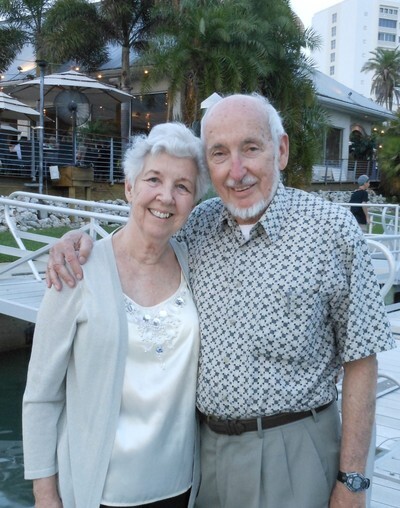
Her most shocking memories were of the photographs her father had taken.
“As the Gwangju Christian Hospital chaplain, he was at the hospital day and night and photographed many of the incoming patients who had been shot or beaten. I can never erase those images in my head of wounded people and dead, bloody bodies,” she explained, recalling how terrified she had been to stand by her father’s side as he developed the images in their darkroom, including one of people so bloodied that they could only be identified by their teeth.
“They made me feel sick at the time and even now when I look at them I am so sad that so many young and innocent people died to defend their city and fight for freedom and democracy,” she said. “It also makes me realize how lucky we are to live in a world now where democracy is common. It is only common now because brave people sacrificed everything.”
She also has vivid memories of her father hiding seven students in the attic when they were threatened with arrest. At one point, gun-toting soldiers came looking for her parents while she was alone in the house with the students who were hiding, and she had to call on her improvisation abilities to avoid the search by offering the soldiers two glasses of iced tea. On the eve of the martial law forces’ final suppression operation, 20 people spent the night in Jennifer’s basement, including the students from the attic and family members of doctors at the hospital, due to fears that bullets might enter the house.
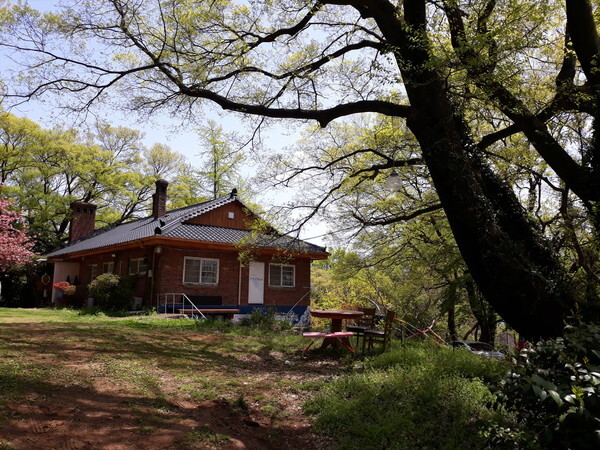
In February 2019, Martha Huntley sent a letter to National Assembly Speaker Moon Hee-sang asking him to discipline lawmakers Kim Jin-tae, Lee Jong-myeong, and Kim Soon-rye for twisting the facts and insulting the memory of May 1980. When asked for thoughts on the letter, Jennifer said, “As eyewitnesses and as friends to the people of Gwangju who lost their sons and daughters, my mother [. . .] know[s] for a fact that the Assembly members were not telling the truth.”
“I know that some people outside of Gwangju still do not believe what happened there. At the time, the media was not allowed to tell the truth, and people believed the lies that were in the censored newspapers instead of what they thought of as false rumors. Sometimes you have to see something yourself to truly believe it. [. . .] I understand that only a few days ago former president Chun Doo-Hwan denied in court that there was any shooting from helicopters during May 1980. I saw the helicopters with my own eyes and heard the shooting with my own ears. He is not telling the truth.”
Understanding the significance of her parents’ sacrifice and riskWhen did Jennifer come to fully understand about the risks her father had taken?
“As a child, I didn’t realize at the time how important it was to be able to provide proof of what was happening in Gwangju. Later we learned that very few people outside of Gwangju actually believed what happened,” she said.
“It wasn’t until later, maybe during my college years, that I fully understood that those photographs made a big difference to let the world know what really happened. I also came to understand more fully the importance of sheltering people in our home. My parents were brave to do this and it makes me proud that they took the risk to try to save lives.”
“Ultimately my parents’ work as missionaries was to share the love of God. [. . .] It makes me proud that they lived out their mission even during very difficult times.”
Jennifer married in 1997 and has three children of her own. What do they think of their mother’s experience when she was 10 years old? Two years ago, she visited Gwangju with her father’s ashes, accompanied by her daughter and younger son.
“They [my children] were shocked to learn that I had lived through something so significant,” she said. “In high school [daughter Gretchen] wrote a research paper about May 18 and the Gwangju Democratization Movement and learned even more about it. (She received an A.)”
“My daughter says that she was horrified to learn more of the details of what happened, but she was very proud to learn more about her family’s role in helping the students and in getting the photos and information out to the rest of the world.”
When asked how the images her father took in Gwangju were being preserved, Jennifer said, “He kept negatives, slides, printed photographs, and during the last few years of his life, he digitized everything so we have a digital archive of his photos.”
“I am happy to share some of them with you although you may find them very hard to look at,” she added.
In her closing remarks, she said that “Jenny’s Attic” is “my eyewitness account of the events of May 1980 and if it helps educate people about what really happened, especially the children of Gwangju, I will be satisfied.”
By Kang Sung-man, senior staff writer
Please direct comments or questions to [english@hani.co.kr]

Editorial・opinion
![[Column] Has Korea, too, crossed the Rubicon on China? [Column] Has Korea, too, crossed the Rubicon on China?](https://flexible.img.hani.co.kr/flexible/normal/500/300/imgdb/original/2024/0419/9317135153409185.jpg) [Column] Has Korea, too, crossed the Rubicon on China?
[Column] Has Korea, too, crossed the Rubicon on China?![[Correspondent’s column] In Japan’s alliance with US, echoes of its past alliances with UK [Correspondent’s column] In Japan’s alliance with US, echoes of its past alliances with UK](https://flexible.img.hani.co.kr/flexible/normal/500/300/imgdb/original/2024/0419/2317135166563519.jpg) [Correspondent’s column] In Japan’s alliance with US, echoes of its past alliances with UK
[Correspondent’s column] In Japan’s alliance with US, echoes of its past alliances with UK- [Editorial] Does Yoon think the Korean public is wrong?
- [Editorial] As it bolsters its alliance with US, Japan must be accountable for past
- [Guest essay] Amending the Constitution is Yoon’s key to leaving office in public’s good graces
- [Editorial] 10 years on, lessons of Sewol tragedy must never be forgotten
- [Column] A death blow to Korea’s prosecutor politics
- [Correspondent’s column] The US and the end of Japanese pacifism
- [Guest essay] How Korea turned its trainee doctors into monsters
- [Guest essay] As someone who helped forge Seoul-Moscow ties, their status today troubles me
Most viewed articles
- 1[Column] The clock is ticking for Korea’s first lady
- 2After 2 months of delayed, denied medical care, Koreans worry worst may be yet to come
- 3[Column] Has Korea, too, crossed the Rubicon on China?
- 4US overtakes China as Korea’s top export market, prompting trade sanction jitters
- 5[Correspondent’s column] In Japan’s alliance with US, echoes of its past alliances with UK
- 6[Editorial] When the choice is kids or career, Korea will never overcome birth rate woes
- 7Hong Se-hwa, voice for tolerance whose memoir of exile touched a chord, dies at 76
- 8All eyes on Xiaomi after it pulls off EV that Apple couldn’t
- 9More South Koreans, particularly the young, are leaving their religions
- 10John Linton, descendant of US missionaries and naturalized Korean citizen, to lead PPP’s reform effo